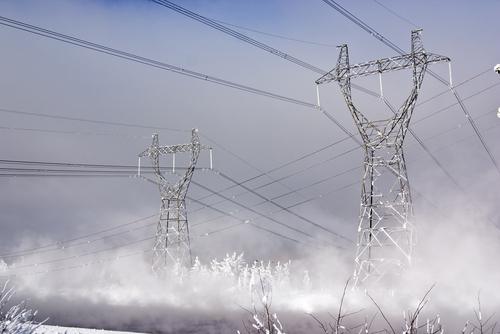It seems many of us have been unable to escape the severity of this particular winter, and for some there’s been the added challenge of a complete loss of power—sometimes for days at a time. Although many have faced—and survived—such conditions, many of us still don’t know how to survive without power in the severe cold. Here are three things essential to remember:
If your furnace quits but you have electricity:
DON’T use an electric oven to heat your home—this is a severe fire hazard.
DO use the electric burners of the stove to boil pots of water—steam heat is very efficient at raising the temperature rapidly (and the moisture is also very good for you).
DO, once the water boils, empty into bathtubs and sinks—the steam will help to heat those areas as well.
DON’T leave the pots unattended as the water may evaporate rapidly and an empty pot can cause a fire as well.
If your power is out, but you have a gas furnace and/or hot water heater:
DON’T count on being able to use your gas furnace; it won’t work if it has an electronic ignition system (most of them nowadays do).
DO use your gas stove, but only to boil water in pots (preferably large pots so you don’t have to watch them constantly).
DO fill your bathtub and sinks with hot water so as to offer more steam heat into those areas of your home, refilling them as they cool. (You might want to temporarily turn up the temperature on your water heater, as well.)
DO, if you want to bathe, refill the tub with hot water two or three times in succession, keeping the door closed as much as possible while the steam rises. (You can actually keep the bathroom warm enough to do so comfortably if the temperature is not too cold and the water is hot enough).
If you have a generator:
DON’T ever use a generator inside your home, even in your garage or basement. A generator MUST always be outside.
Even if there is ventilation, carbon monoxide—an odorless toxic gas—will still build up.
DO read the directions that come with the generator.
Please read the safety tips for generator use at the Generator Safety website.
Hopefully, with a little bit of determination and some relevant safety knowledge, you can outlast a short power outage with little to no serious hardship!
*Image of power lines in winter via Shutterstock


